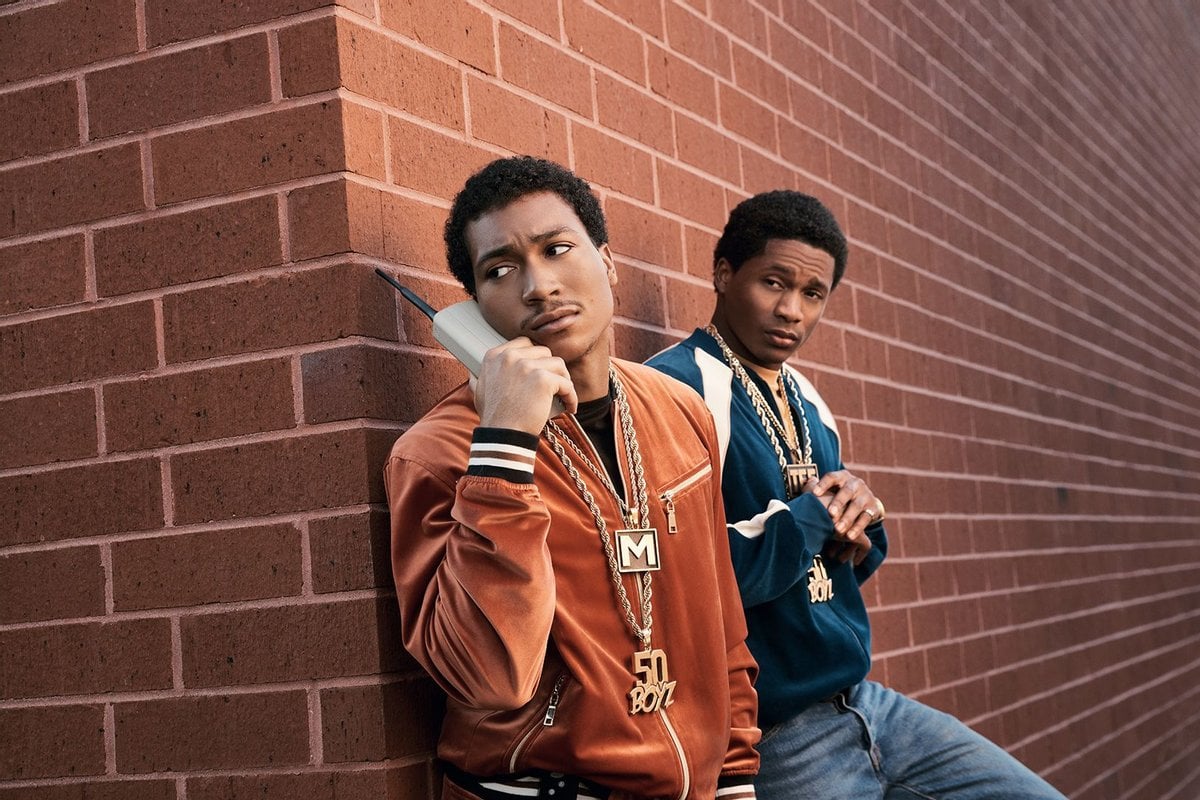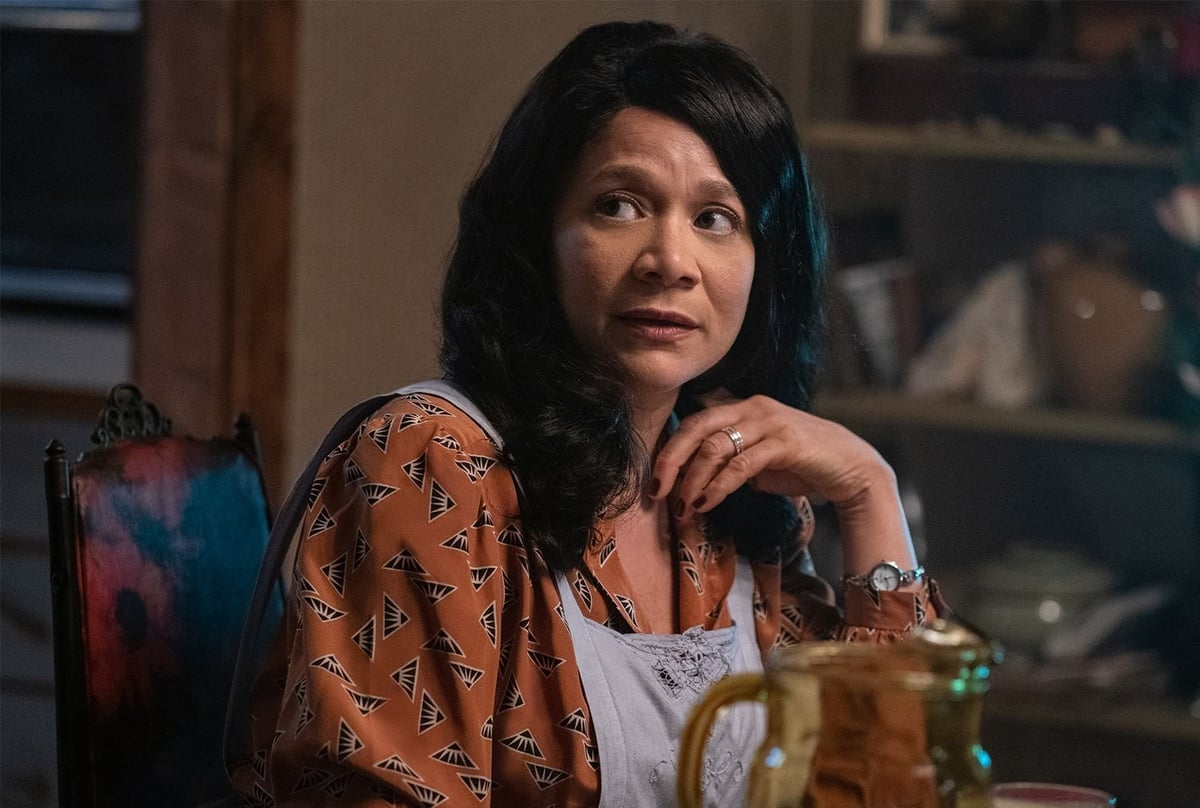
Stan's new series BMF (Black Mafia Family) is a compelling crime story that also centres on social discrimination, poverty, survival, and above all, family.
BMF tells the story of Demetrius "Big Meech" Flenory (Demetrius "Lil Meech" Flenory) and Terry "Southwest T" Flenory (Da’Vinchi), two brothers from a working-class background who form a massively successful drug trafficking organisation in their home city of Detroit.
The new drama, which is executive produced by Curtis "50 Cent" Jackson, is a fictionalised series based on real-life events.
The Black Mafia Family was founded in 1989 in Detroit by brothers Demetrius "Big Meech" Flenory and Terry "Southwest T" Flenory.
By 2000, they had set up cocaine distribution sales throughout the United States through their Los Angeles–based drug source, with direct links to Mexican drug cartels. The Black Mafia Family then entered the hip-hop music business as BMF Entertainment in the early 2000s, which acted as a front organisation in order for the family to launder money from cocaine sales.
The Black Mafia Family became famous in hip-hop popular culture for their highly extravagant lifestyles, but in 2005, the Drug Enforcement Administration (DEA) indicted members of the family for their crimes.
Take a look at the trailer for Black Mafia Family (BMF), streaming only on Stan. Post continues below.
In BMF, Michole Briana White plays Lucille Flenory, the matriarch of the family and the glue that keeps everybody together.


